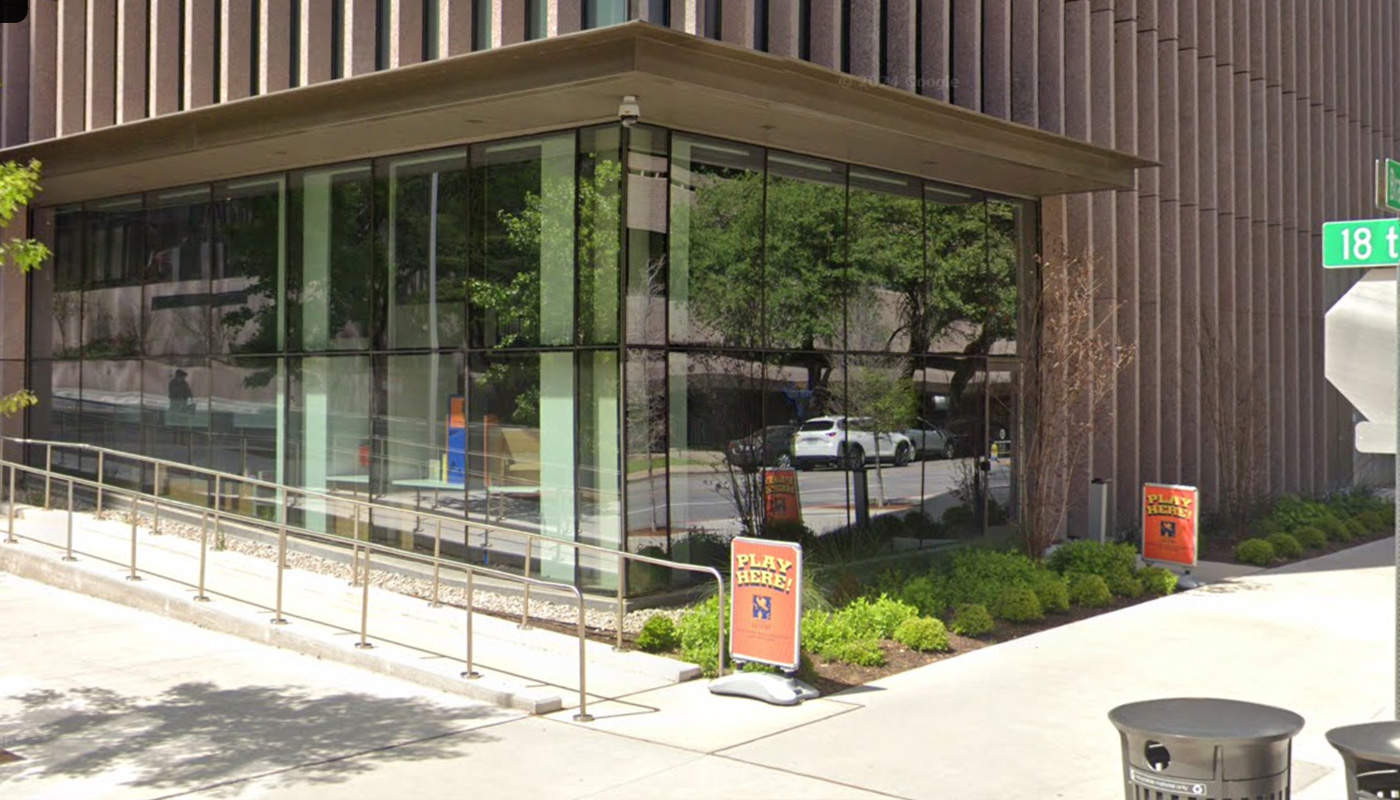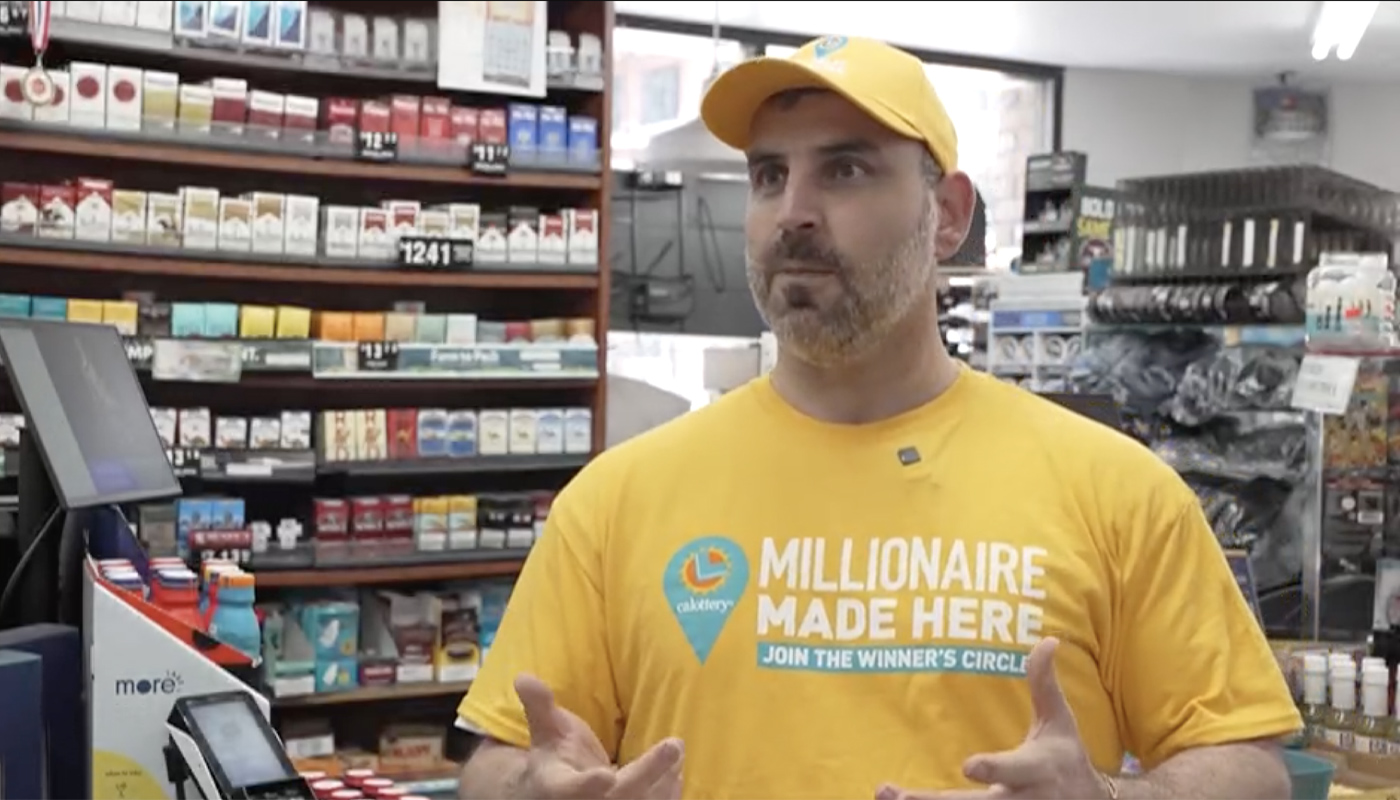
News writer; Opinion columnist
Fallout continues to grow from the April 22, 2023, Lotto Texas drawing, in which a group of European investors purchased tickets with every combination of numbers and guaranteed themselves a jackpot win.
Now, investigators and players alike are asking whether the Texas Lottery Commission behaved unethically or illegally by working closely with outside investors to ensure their victory and potentially deprive other players of a full share of the jackpot.
25 million ways to win
In the spring of 2023, the top prize for Lotto Texas grew to $95 million after 93 consecutive drawings without a jackpot winner. The streak finally broke on April 22 when someone correctly picked the winning numbers: 3, 5, 18, 29, 30, and 52.
However, lottery observers immediately observed something unusual. While the average Lotto Texas drawing sold around one million tickets, the April 22 drawing sold an astronomical 28 million tickets.
Some of this increase in sales could be attributed to the enthusiasm surrounding the massive jackpot, which had grown almost twentyfold from its starting point of $5 million. However, investigators quickly learned that 90% of the drawing tickets had been purchased by a single company and sold from just four different retail locations.
Rook TX was a business formed in New Jersey by wealthy individuals from London and Malta two weeks before the $95 million drawing. Lotto Texas drawings occur every three days, and between April 19 and April 22, Rook TX was able to buy 25.8 million tickets, which covered every single possible winning number combination.
The Europeans essentially guaranteed themselves a jackpot win by buying so many tickets. A tax expert who spoke to the Houston Chronicle said that Rook TX probably generated a profit of around $20 million after paying taxes on the lump sum payout.
The question for investigators is, how did Rook buy so many tickets in just three days?
There's an app for that
In 2016, companies such as Lottery.com allowed players in Texas to purchase lottery tickets over their phones. Texas law states that all lottery tickets must be purchased from a physical retailer, such as a convenience or liquor store, and it explicitly bans selling tickets over the phone.
Lottery.com and other sellers got around this by branding themselves as courier services. Customers would place an order, and the apps would send someone to a retailer to purchase the ticket for them. They argued that they weren't selling tickets; they were just buying them on behalf of customers.
To increase efficiency, many of these courier services also became licensed retailers, so that they were essentially selling tickets to themselves.
While this would appear to violate the spirit of the law, Gary Grief, the executive director of the Texas Lottery Commission, told state lawmakers that he had no authority to regulate the apps and allowed them to operate without oversight.
State investigators would eventually learn that not only was Grief failing to regulate the apps, but he was actively helping them do business in Texas despite the legal grey area they were working in.
For example, without consulting other lottery officials or lawyers, Grief gave Lottery.com an official letter saying they had permission to sell tickets for multi-state lottery games to app users in other countries as long as the tickets were purchased in Texas.
Ticket troubles
Despite the support they received from Grief, in 2022, Lottery.com found itself in real trouble. The company's board discovered that executives had committed several illegal acts, such as purchasing Texas state lottery tickets for players who did not live in the state and overstating its ticket sales, which is illegal for a publicly traded company.
According to meeting transcripts, after learning of the violations, one board member said, "What I'm hearing is that there is absolute verification that there are illegal things going on in the company."
Shortly after these violations were discovered, senior executives, including the CEO and CFO, were fired, and Lottery.com effectively shut down. In the year before the April 22 drawing, Lottery.com sold almost no tickets in Texas.
In October of 2022, Sohail Quraeshi, Lottery.com's new CEO, flew to Austin to inspect the company's offices. He was shocked to learn that there was no company. "There was nothing but a room with three terminals in it," he said. "They were unplugged. There was no cash register." Qurashi left the company a few months later.
A year after the company was all but dead, Lottery.com sprung back to life and, with direct help from Grief, sold millions of tickets for the April 22 drawing.
April 22
To purchase 25 million tickets, Rook TX couldn't go to a typical retailer and place an order. No 7-11 or gas station is equipped to print millions of tickets in just three days.
To overcome this problem, they partnered with companies such as Lottery.com and ATLx to create their own retail locations that printed tickets exclusively for Rook. Commission records show that of the 28 million tickets sold, 90% were purchased from just four retail locations, including one in Coyeville, Texas, which printed and sold 11 million tickets in three days, or 150,000 tickets every hour.
Before the April 22 drawing, the Coyeville location had only one lottery ticket terminal; however, despite being inactive for a year, Lottery.com secured twelve more terminals and pallets of official paper needed to print the tickets, which would not have been possible without cooperation from the lottery commission.
Again, this violated Texas law because state lottery regulations explicitly require licensed retailers to be open to the public and engage in a business other than selling lottery tickets. The Coyeville location, which was located in an unmarked strip mall storefront, met neither of these conditions, but Grief still permitted it to operate.
Additionally, Lottery.com did not have a shared bank account with the commission, which was required to ensure the commission received its share of the ticket proceeds. Without this account, Lottery.com should have been ineligible to sell tickets.
Once the drawing was held, the Coyeville location effectively ceased operations and returned most of the new ticket terminals to the commission. For their efforts, Lottery.com made hundreds of thousands of dollars in sales commissions.
Blame game
Following the drawing, state auditors spent months investigating the Texas Lottery Commission and slammed Grief for his role in facilitating Rook TX's win. A report released by the auditors said Grief had left the lottery in an "uncomfortable position [and] not fully trusted and under scrutiny."
The report went on to say:
Having found a way to be successful at its most visible function, raising revenue, the agency has been unwilling or unable to adapt to a changing environment or fully embrace some of its regulatory responsibilities.
The report noted that Grief operated without proper legal authority and cited his failure to regulate Lottery courier services.
Instead of representing the interests of all players, Grief did special favors for Rook TX to ensure that they would win the April 22 drawing. Some players claim that they were cheated because while the advertised jackpot was $95 million, they could, at best, only win half of that because Rook TX was already guaranteed to win.
While the Texas Lottery Commission maintains that no rules or laws were broken during the April 22 drawing, players and lawmakers continue to question whether it was fair for the commission to work closely with a private company to guarantee a jackpot in what should be a game of chance.
Despite the report's findings, Lottery.com claims to have done nothing wrong and released a statement that read:
Lottery.com and its retail partner operate under the jurisdiction of the Texas Lottery Commission. The company's Texas operations have been independently reviewed on more than one occasion and determined to be operating within the guidelines of all state of Texas and federal lottery and gaming laws.
Resign and reform
Ten months after the April 23 drawing, Gary Grief abruptly resigned as executive director of the commission, a position he held for 15 years. He refused to cooperate with state investigators and has made no public comments regarding the Rook TX win.
While there is no conclusive proof of why Grief helped Rook TX or refused to rein in the courier services, many people have speculated that he was motivated to keep growing lottery ticket sales.
Following the auditor's report, the Texas Lottery Commission passed new rules designed to prevent a repeat of Rook TX's ticket-buying scheme. One rule requires the commission's legal staff to review all requests for new terminals from low-volume ticket sellers.



















Comments